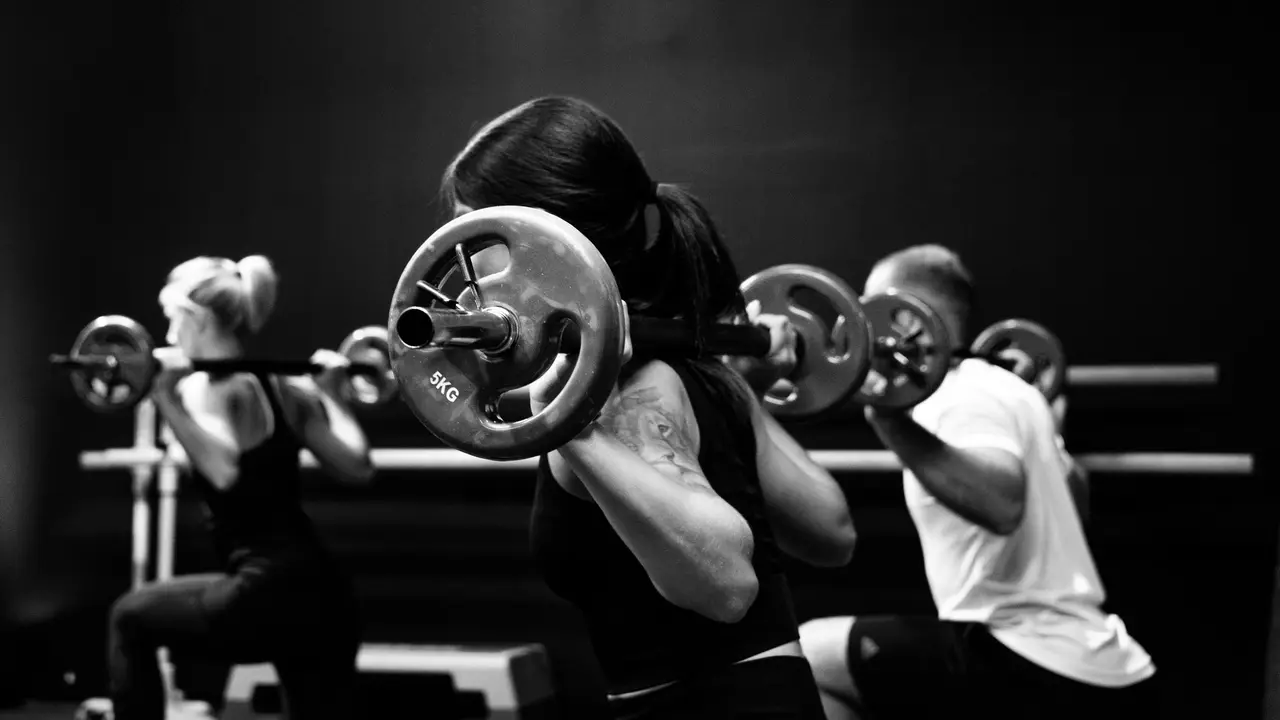Are you looking to enhance your fitness routine and wondering how many laps in the pool for a good workout? Swimming is one of the best full-body exercises, and understanding the right number of laps can make a significant difference in your training effectiveness. In this article, we will explore the factors that determine the ideal number of laps for a solid swimming workout and offer tips to maximize your time in the water.
Understanding the Benefits of Swimming
Why Choose Swimming for a Good Workout?
Swimming is an excellent cardiovascular exercise that offers numerous benefits, including:
- Full-body workout, engaging multiple muscle groups.
- Low-impact exercise, minimizing the risk of injury.
- Improvement in flexibility and stamina.
- Calorie burning, aiding in weight management.
How Swimming Compares to Other Forms of Exercise
When considering how many laps in the pool for a good workout, it helps to understand how swimming stacks up against other forms of exercise. Unlike running or cycling, swimming provides a unique combination of resistance and cardio, allowing for longer workout durations without excessive strain on the joints.
Determining the Right Number of Laps
Factors Influencing the Number of Laps
The number of laps you should swim for an effective workout largely depends on several factors:
- Your fitness level and experience.
- The intensity of your swimming pace.
- Specific fitness goals (endurance, strength, weight loss).
- The length of the pool.
General Guidelines for Laps
For those new to swimming or looking for a good workout, here are some general guidelines:
- Beginners: Start with 10-15 laps (approximately 500-750 meters).
- Intermediate: Aim for 20-30 laps (1000-1500 meters).
- Advanced: Challenge yourself with 40+ laps (2000 meters or more).
Enhancing Your Swimming Workout
Incorporating Different Swimming Techniques
To maximize the effectiveness of your laps, consider incorporating various swimming styles into your workout. This not only keeps it interesting but also engages different muscle groups:
- Freestyle: Great for endurance and speed.
- Breaststroke: Builds strength and improves flexibility.
- Backstroke: Excellent for posture and relaxation.
- Butterfly: High-intensity workout that enhances overall strength.
Using Interval Training
Interval training in the pool can also enhance your workout. Alternating between high-intensity laps and recovery periods can help you build speed while still focusing on endurance. For example, swim one lap at maximum effort followed by one lap at a relaxed pace for recovery.
Tracking Your Progress
The Importance of Monitoring Your Laps
Keeping track of how many laps you swim and your overall time in the pool can greatly help in reaching your fitness goals. Consider using a swim watch or a smartphone app to monitor your progress.
Setting Realistic Goals
As you continue to swim, set realistic weekly and monthly goals for your number of laps. Gradually increase your target to keep challenging yourself. For example, add an extra 5 laps each week to build stamina.
Conclusion
In conclusion, understanding how many laps in the pool for a good workout is essential for maximizing your swimming sessions. By considering your fitness level, utilizing varying techniques, and tracking your progress, you can ensure each swim is effective and enjoyable. Now that you’re equipped with this knowledge, why not dive in and start your swimming journey? Share your experiences or check out our other articles for more tips on staying fit and healthy!
Workout – Recent Articles
- Mastering Your Fitness: How to End a Workout on Apple Watch
- How to Workout with a Hernia: Safe Tips for Staying Fit!
- How to Travel with Workout Supplements: Your Ultimate Guide!
- How to Sweat More During a Workout: Tips for Intense Results!
- Is a Recumbent Bike a Good Workout? Discover the Truth!
Workout – Useful Links
- CDC – Steps for Getting Started With Physical Activity
- Mayo Clinic – Fitness program: 5 steps to get started
- Healthline – How to Start Exercising: A Beginner’s Guide to Working Out
- Verywell Fit – Strength Training: A Beginner’s Guide to Getting Stronger
- ACE Fitness – Sticking to an Exercise Program: 25 Tips to Achieve Exercise Success
